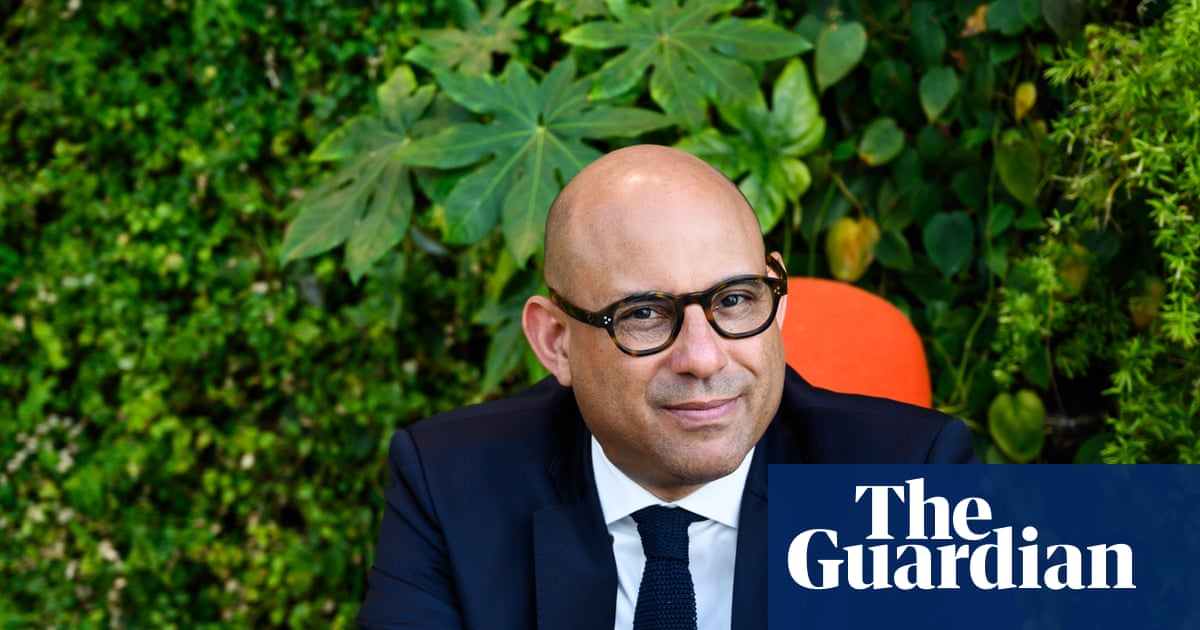The US supreme court has paved the way for South Carolina to kick Planned Parenthood out of its Medicaid program over its status as an abortion provider, a decision that could embolden red states across the country to effectively “defund” the reproductive healthcare organization.
The case, Medina v Planned Parenthood South Atlantic, centers around a 2018 executive order from South Carolina’s governor, Henry McMaster, that blocked clinics that provide abortions from receiving Medicaid reimbursements. Medicaid is the US government’s main health insurance program for low-income people. About 80 million people rely on it.
“Payment of taxpayer funds to abortion clinics, for any purpose, results in the subsidy of abortion and the denial of the right to life,” McMaster said at the time, even though the reimbursements could not be used for abortions. Abortions are also now banned in South Carolina after six weeks of pregnancy.
Planned Parenthood South Atlantic, a Planned Parenthood affiliate that operates two clinics in South Carolina, and Julie Edwards, a patient who sought birth control, sued over McMaster’s order, arguing that it flew in the face of a federal provision known as the “free choice of provider” clause. That provision guarantees that people insured by Medicaid, the government health insurance program for people with low income or other eligibilities, can freely choose their own providers as long as they accept the program and are qualified to provide care. Lower courts have repeatedly sided with Planned Parenthood South Atlantic and Edwards, keeping McMaster’s order from taking effect.
The case in front of the supreme court did not directly deal with the question of whether South Carolina could legally remove Planned Parenthood from Medicaid. Instead, the justices were asked to weigh in on a highly technical question: do Medicaid beneficiaries have the right to sue if they believe their right to a free choice of provider has been violated?
In a 6-3 decision joined by every member of the court’s conservative supermajority, the justices ruled that, essentially, individuals do not possess that “enforceable right”.
“The decision whether to let private plaintiffs enforce a new statutory right poses delicate questions of public policy,” Justice Neil Gorsuch wrote in the majority opinion. “New rights for some mean new duties for others. And private enforcement actions, meritorious or not, can force governments to direct money away from public services and spend it instead on litigation.”
He continued: “The job of resolving how best to weigh those competing costs and benefits belongs to the people’s elected representatives, not unelected judges charged with applying the law as they find it.”
These technicalities cloaked the potentially sweeping consequences of the case. If people can’t sue when they believe a state is violating Medicaid, it is far harder to stop states from discriminating against controversial care, such as abortion, Nicole Huberfeld, a health law professor at Boston University’s School of Public Health, told the Guardian ahead of oral arguments.
The Thursday ruling marks a major victory for the rightwing legal powerhouse Alliance Defending Freedom, which represented South Carolina in the case, and for its fellow anti-abortion allies. The case is part of a longstanding effort by anti-abortion activists to “defund” Planned Parenthood by cutting it out of Medicaid. Of the 2.4 million people treated at Planned Parenthood each year, almost half use Medicaid.
The court’s three liberal justices - Sonia Sotomayor, Elena Kagan and Ketanji Brown Jackson – dissented from the majority. In her dissent, Jackson argued that Thursday’s ruling not only undercuts the rights of Medicaid beneficiaries, but also participates in a “project of stymying one of the country’s great civil rights laws” by hollowing out the Civil Rights Act of 1871, which strengthens people’s ability to go to court when a state violates their federal rights.
“Today’s decision is likely to result in tangible harm to real people,” Jackson wrote. “At a minimum, it will deprive Medicaid recipients in South Carolina of their only meaningful way of enforcing a right that Congress has expressly granted to them. And, more concretely, it will strip those South Carolinians – and countless other Medicaid recipients around the country – of a deeply personal freedom: the ‘ability to decide who treats us at our most vulnerable’.”
Reproductive rights supporters also decried the Thursday ruling.
“Today’s decision is a direct attack on reproductive health care, and it is a dangerous green light for politicians to target any providers they don’t like,” said Jennifer Driver, senior director of reproductive rights at State Innovation Exchange, in a statement. “This ruling will deepen health inequities, strip people of their freedom to choose, and put basic services like birth control, cancer screenings, and STI testing further out of reach.”

 2 months ago
23
2 months ago
23

















































